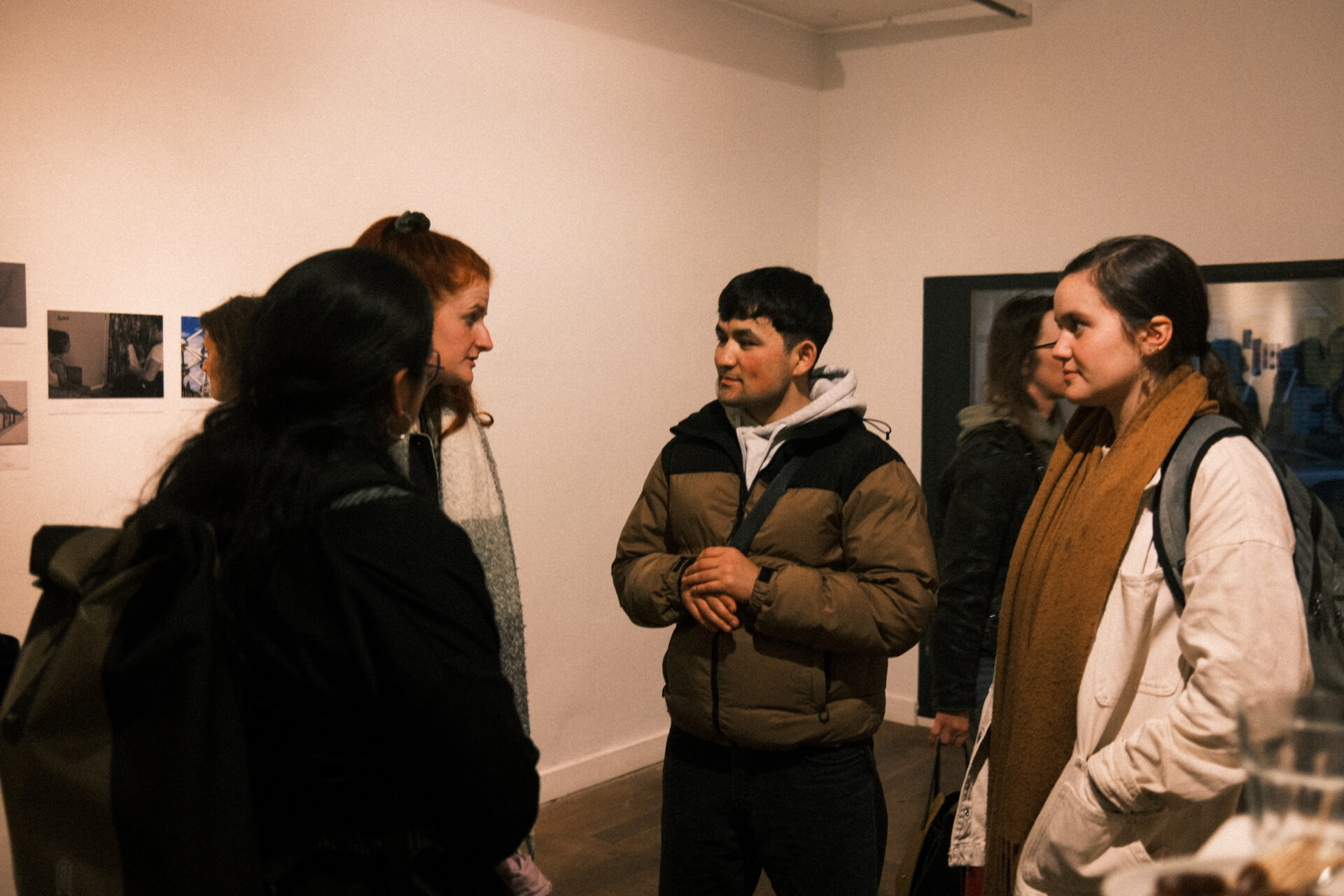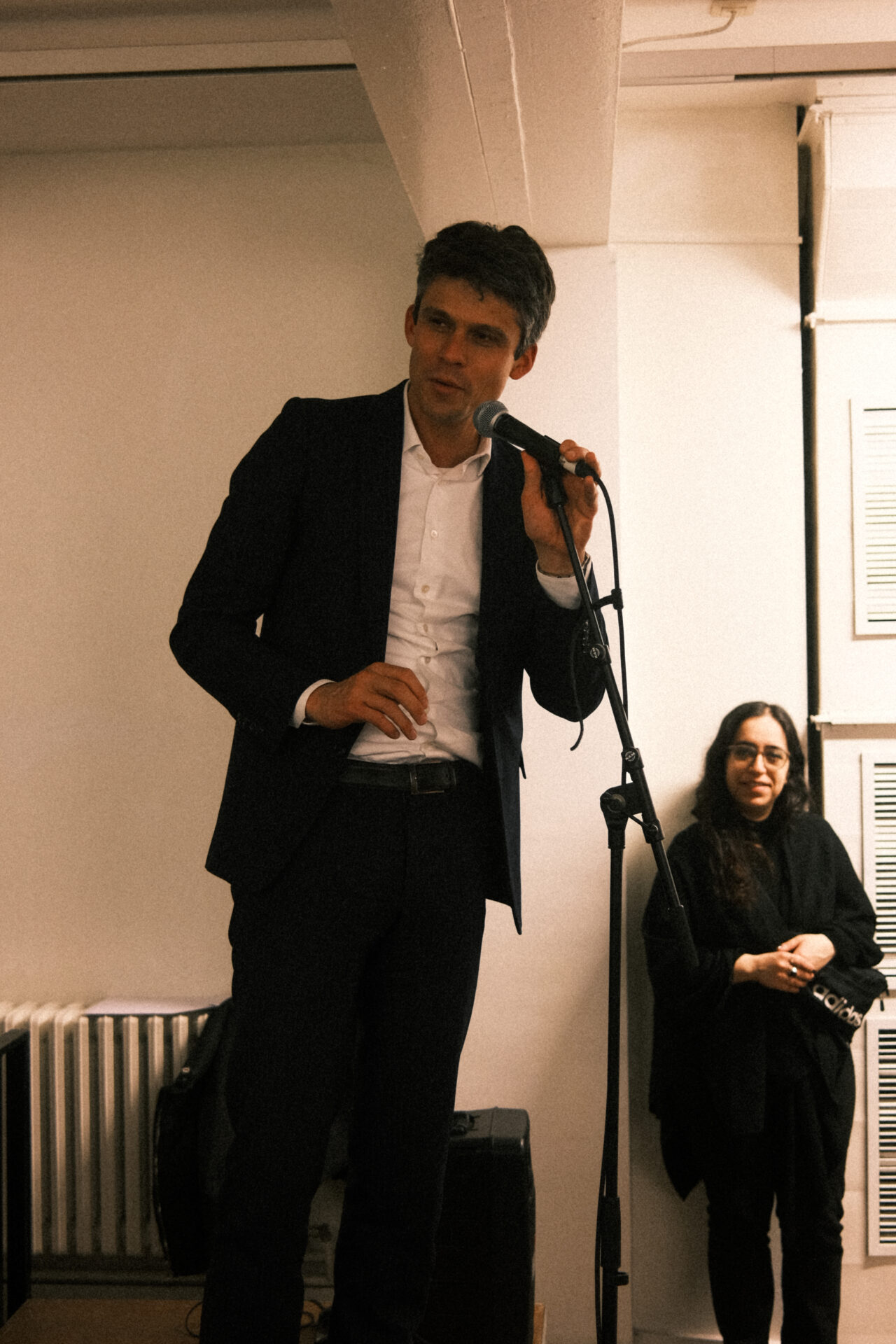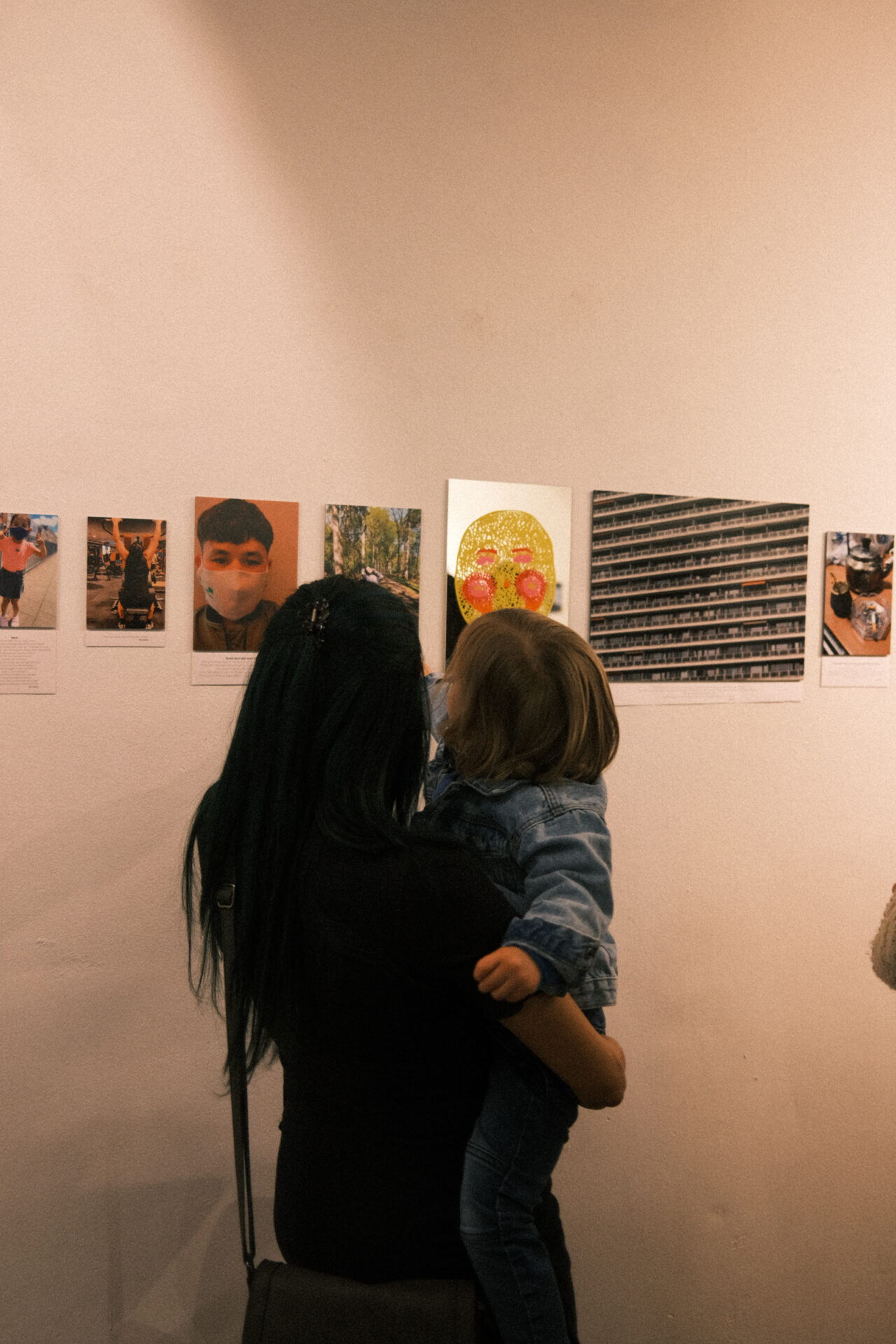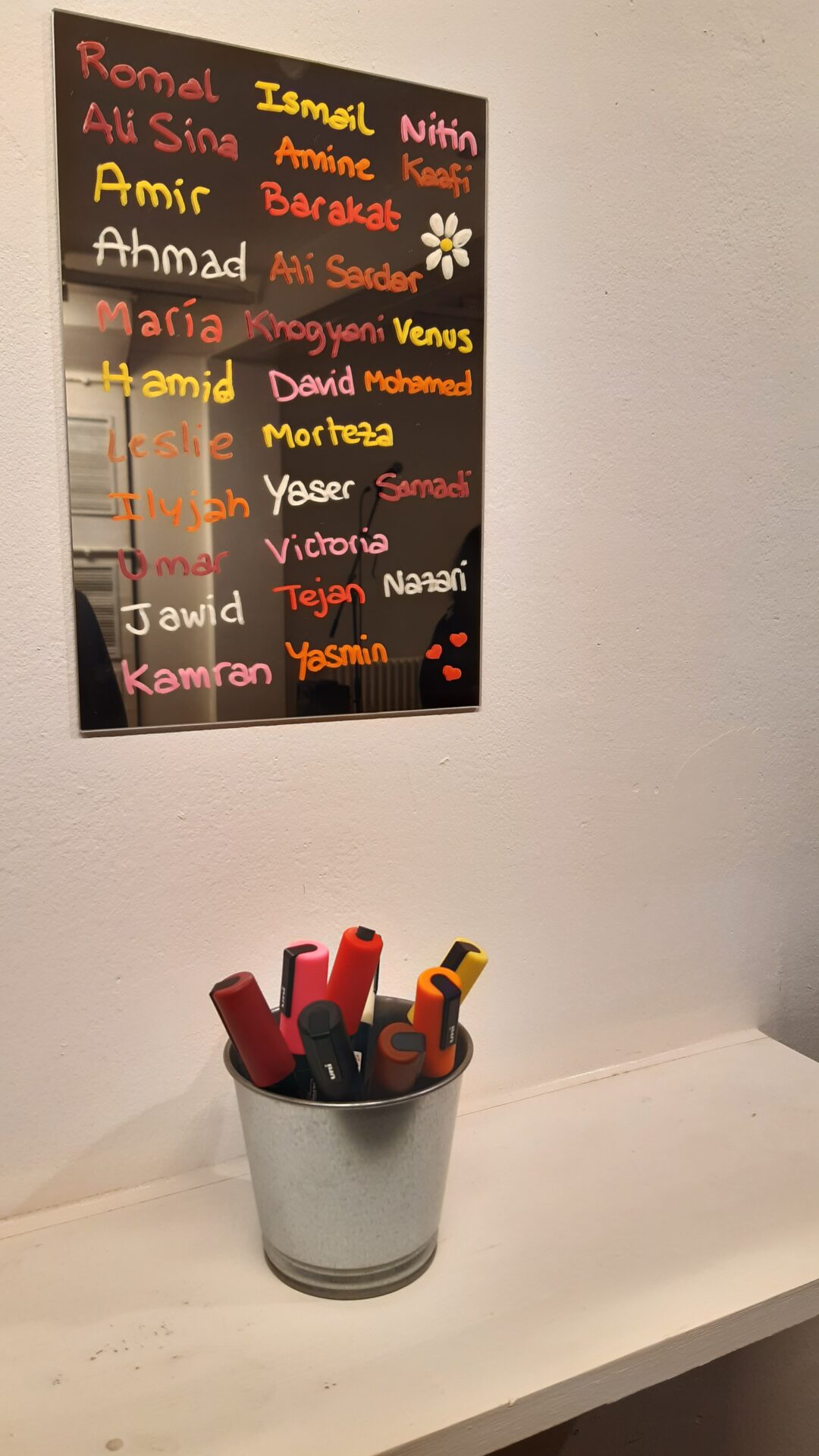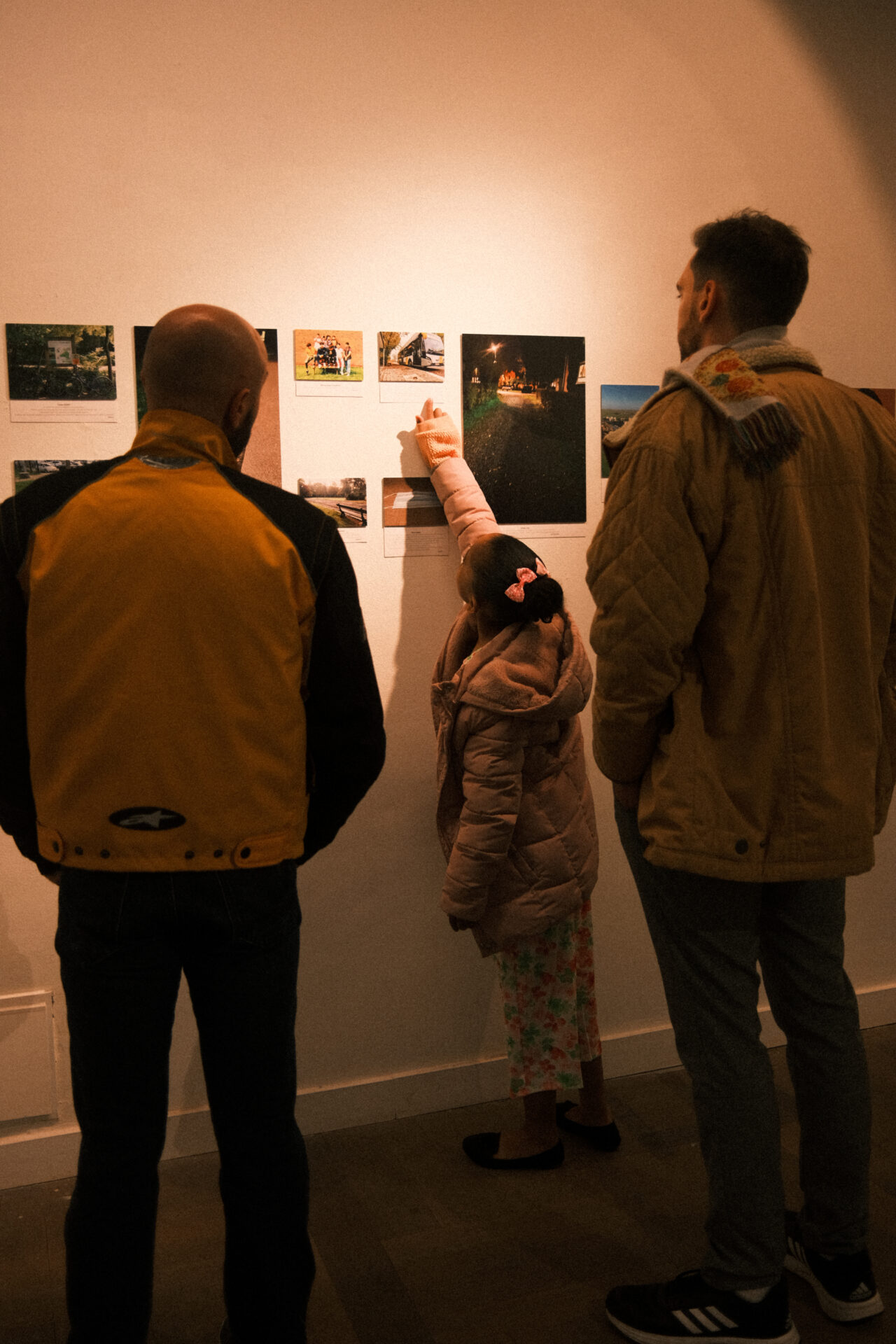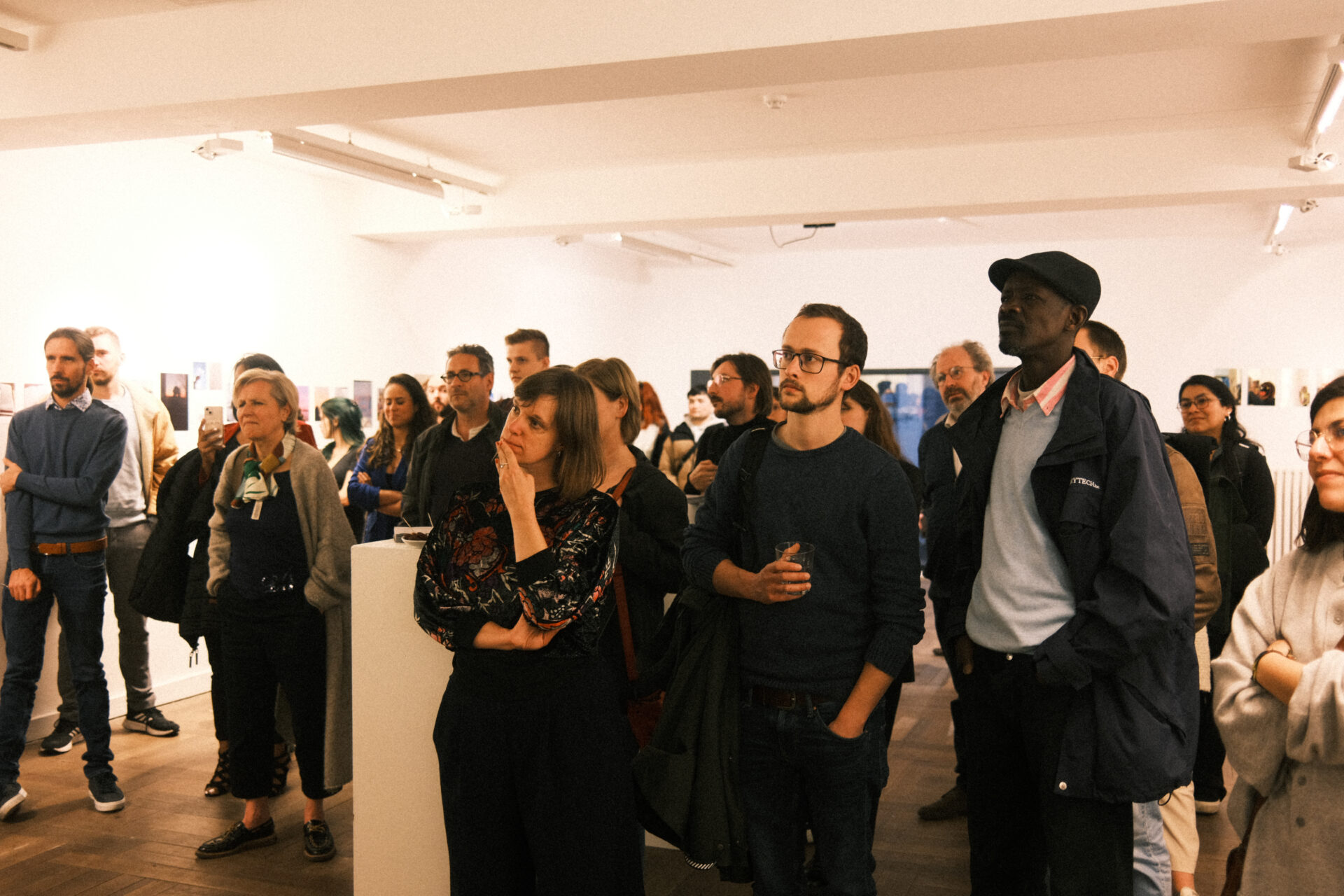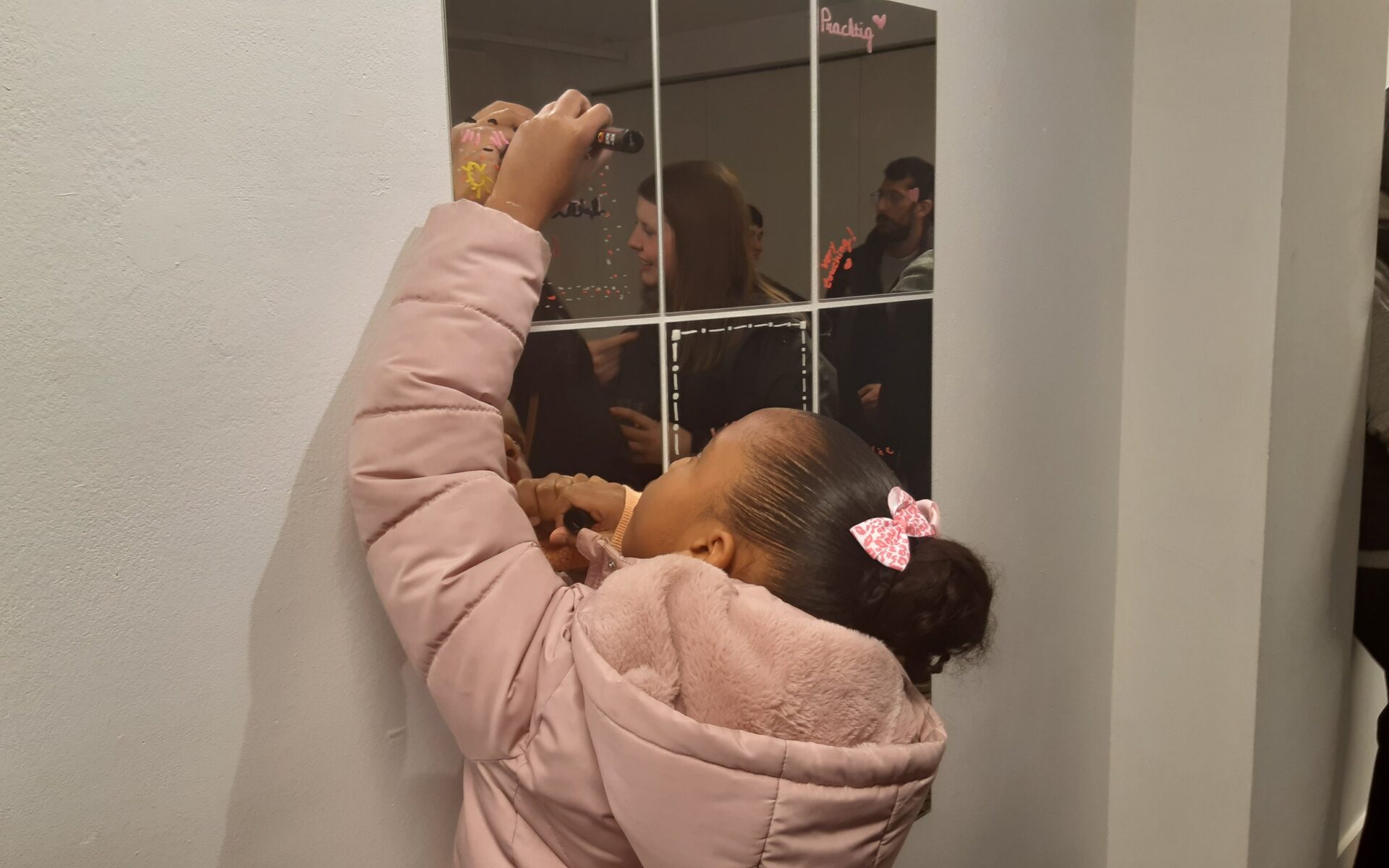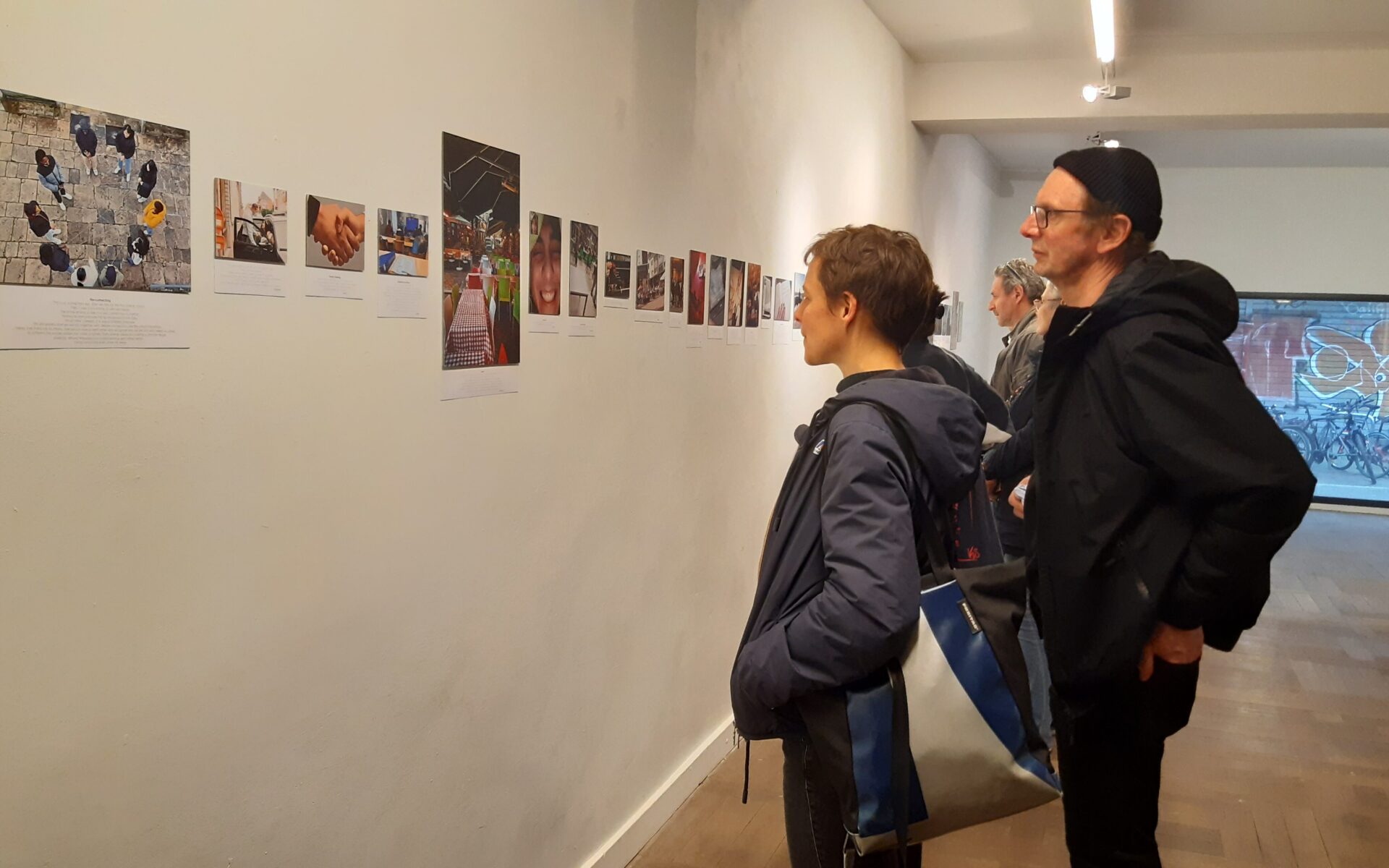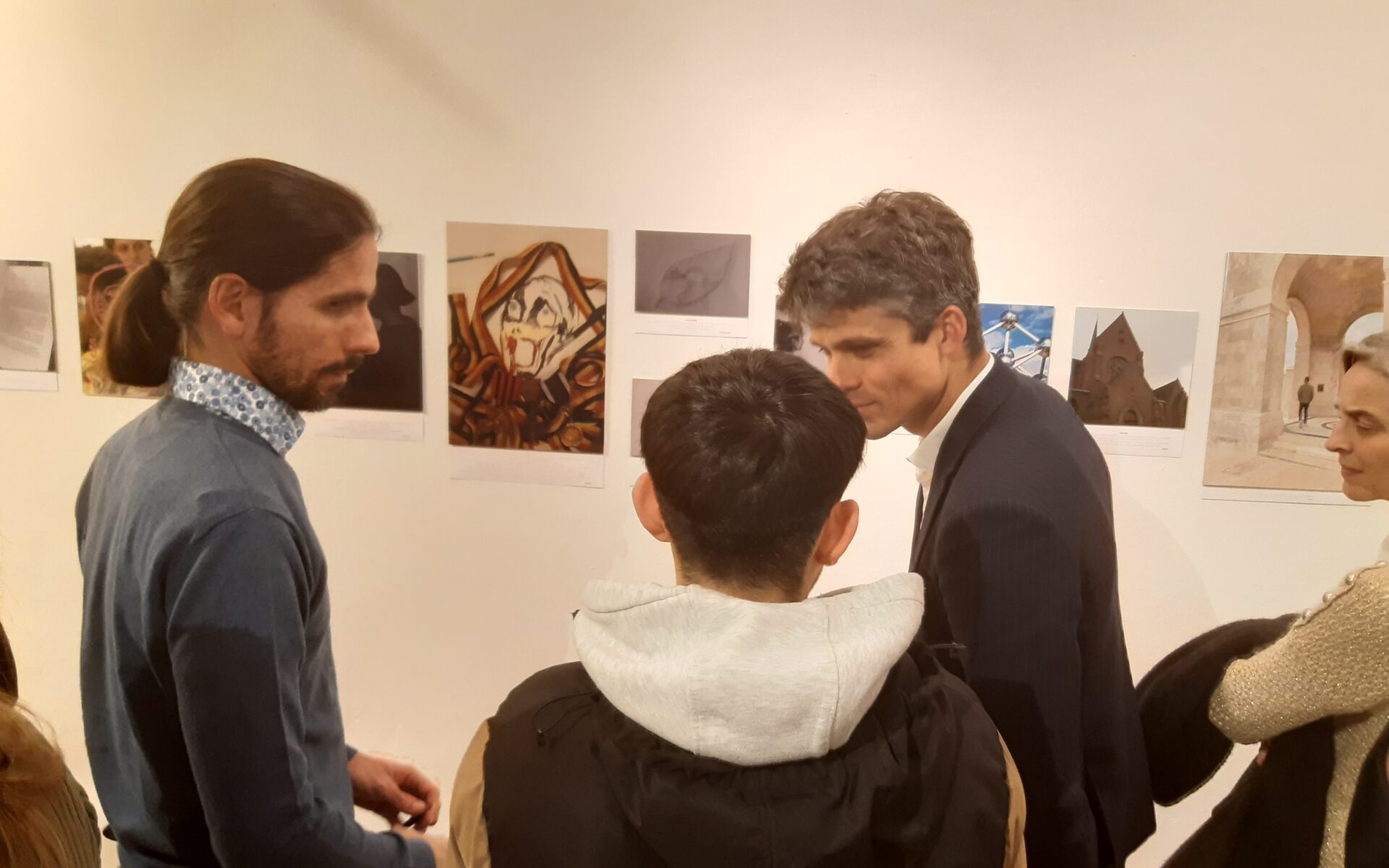Re-Imagine Covid: Action research with young refugees and newcomers
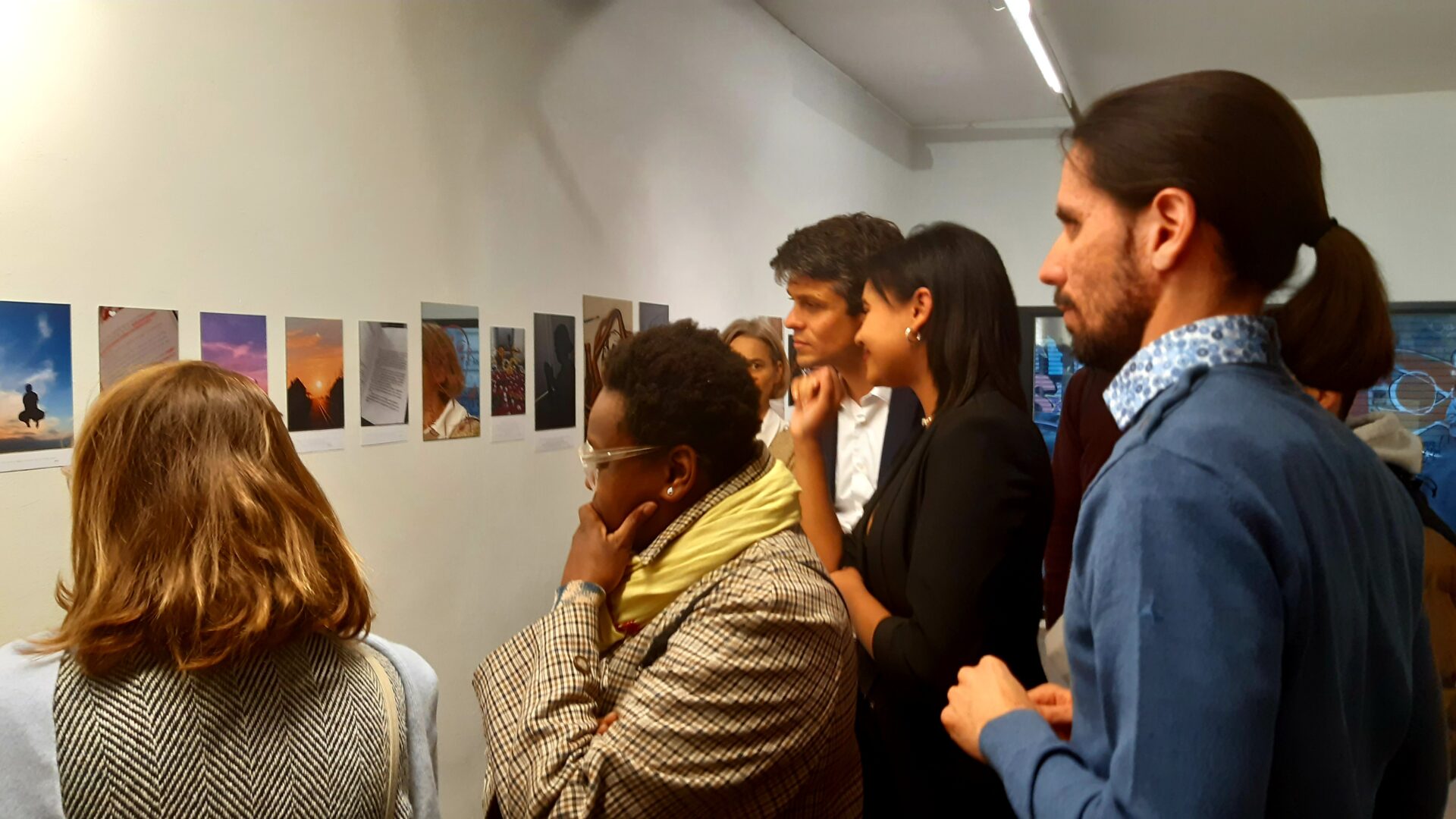
Through the ‘Re-Imagine Covid’ project, Solentra conducted an action research with young refugees and newcomers on the impact of Covid on their mental well-being and resilience. Their photos and stories can teach us a lot for a next crisis.
Why this action research?
The pandemic had an undeniable impact on the psychological well-being of children and youngsters. However, there was little room for them to provide their input on the policies and measures that affected their well-being. This was even more so the case for the particularly vulnerable group of young refugees and newcomers.
The project consulted young people as the experts of their complex realities. Through photographs, they expressed how they experienced the pandemic: their problems, but also the things they drew strength from.
How did the project unfold?
Solentra introduced the project to its network of partners, including asylum centres, OKAN schools, projects for young refugees … Of the 40 participants who started the project, 29 young people completed the full trajectory (20 boys/young men and nine girls/young women).
The youngsters had various residence statuses: six were unaccompanied minors, eight recognised refugees, seven asylum-seekers, seven migrants (family reunification) and one young person without legal residence. They came from over 10 different countries: Afghanistan, Turkey, Dominican Republic, Philippines, Georgia, India, Sierra Leone, Somalia, Spain/Morocco, Syria and Venezuela.
The action research consisted of 12 group sessions, mostly on location, sometimes online. During those sessions, we used Photovoice, a research method that encourages young people to express themselves on a specific topic, in this case the impact of Covid on their mental well-being.
In a first session, they learned about the Photovoice method and were asked to use their mobile phones to take photos that express how they experienced the corona period. In a subsequent session, they presented their photos to the group, explained why they had taken that photo and formulated an appropriate caption for it. During a workshop, all photos and captions were put together to filter out themes and reflect with the youngsters on how they wanted to share the photos with a wider audience.
What were the results of the action research?
The project produced 70 photos with meaningful stories that show the individual and group perspectives of young people.
Most showed elements of resilience that helped them cope with the negative effects of the corona period on their mental health. However, they also experienced stress, anxiety, worry, feelings of depression, loneliness, sadness and boredom. Many participants, especially those who lived in the reception centres, expressed that the preventive measures hit them extra hard.
Nine themes were established in preparation for the photo exhibition:
- Free as a fish in a bowl
- Oxygen is green
- Esc.ap.ism
- Health
- Monuments of struggle and security
- Freedom
- Connection
- Words
- Surrounded by isolation
In general, participants did not see any channel through which their opinions or specific needs could be heard. For example, solutions they offered to make quarantines less burdensome were not allowed or even considered.
Conclusions
Young refugees and newcomers showed great resilience during the corona period, but the impact on their mental health was very high. The fact that many of them have great resilience to cope with adversity does not mean that we can assume they can cope with even more.
Recommendations we take from the action research:
- Ensuring a healthier context and living conditions
- Ensuring better access to mental health services, including staff preparation
- Promoting and protecting young people’s resilience as a preventive measure (shared responsibility: policy-makers to social workers)
- Rethinking how to facilitate young people’s participation in decision-making. The less they felt involved in decisions, the more often feelings of exclusion, alienation and mistrust arose.
What the participants have to say about the project
Photo exhibition Re-Imagine
From 21 April to 4 May, we organised the photo exhibition ‘Re-Imagine’ with the young participants at the Pianofabriek in Saint-Gilles with the creative support of curators Deborah Ephrem and Gaëlle Khalife of Globe Aroma. Benjamin Dalle, Flemish minister of Youth, Media, Brussels and Poverty Alleviation, visited the expo on the opening night and spoke to some of the participants.
Acknowledgements
Special thanks to everyone who participated in the action research and helped make the project possible:
All project participants
Ahmad, Ali, Ali, Ami, Barakat, David, Hamid, Ilyjah, Ismail, Jawid, Kamran, Khogyani, Leslie, Maria, Maroofkhel, Romal, Shoaib, Umar, Sabna, Dida, Victoria, Yasmin, Adkikafi, Dayana, Mohamed, Teja, Venus, Haarpreet and Morteza
Participating organisations
- Hoofdstedelijk Instituut Anneessens-Funck OKAN (Brussels), Mishka Beutels
- Campus Hast Okan (Hasselt), Femke Tudts
- WeDo! Schakelklaas Roeselare, Caroline De Groote
- Fedasil reception centre Sint-Truiden, Frauke Deckers
- Masir Avenir. Youth project by the Agentschap Integratie en Inburgering (Brussels) Antonia Orihuela.
- Vluchtelingenwerk Vlaanderen – Project Pineapple, Helene Asselman and Ella Vannieuwenhuyse
Expo partners
- Globe Aroma – Brecht Theunis, Deborah Ephrem, Gaëlle Khalife
- Pianofabriek – Ann Lefever
Financial support from
UCB Community Health Fund, managed by the King Baudouin Foundation
Host our expo at your organisation
Would your organisation or school like to host our expo? Let us know: solentra@uzbrussel.be
